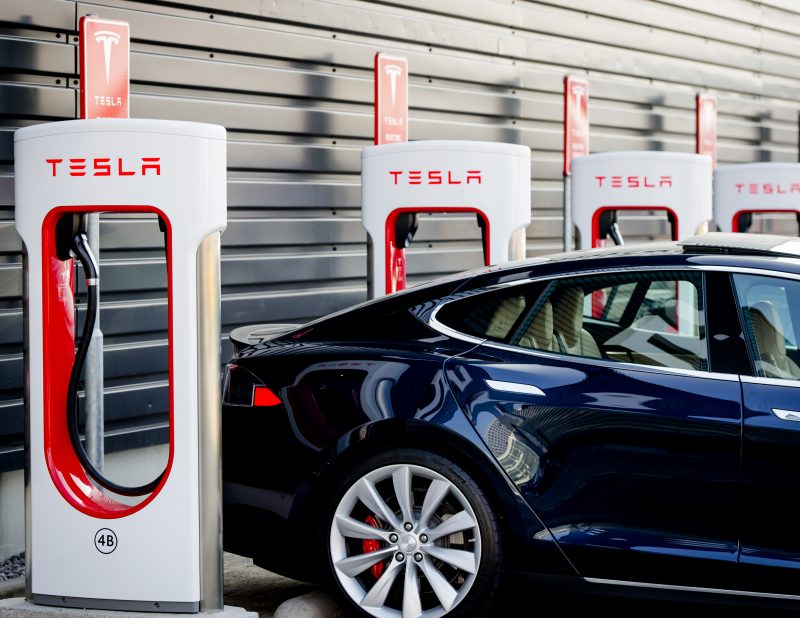- India’s stock market is poised to more than double in value to $10 trillion by 2030, Jefferies says.
- The country will overtake Japan and Germany to become the world’s third-largest economy by 2027.
- The analysts said growth in the country in coming years will be impossible for investors to ignore.
India’s stock market is poised to skyrocket, more than doubling in value to $10 trillion by 2030, thanks to the country’s surging economy and persistent reforms, analysts at Jefferies wrote in a note published Thursday.
With a value of $4.3 trillion, India is the world’s fifth largest equity market, and Indian stocks have managed to consistently yield 10% annual returns over a 20-year period.
Even after that run of stunning equity returns, investors in the country’s stock market can still expect 8%-10% returns in the next five to seven years, the Jefferies analysts said.
“Assuming market returns in line with the last 15-20 year history and new listings, India will become nearly a U$10trn
market by 2030 – impossible for large global investors to ignore,” the analysts wrote.
India has emerged as a hotspot for global capital inflows in recent years, especially as its long-time rival China struggles to keep investors from fleeing economic turmoil in the country.
China's flailing economy, cratering stock market, and a never-ending property crisis have driven foreign investors to shift their focus to India, helping push the country's stock market 31% higher last year.
Meanwhile, India's financial system reforms, favorable geopolitical dynamics, a growing entrepreneurial landscape, and the country's emphasis on services exports are all boosting its prospects for strong growth and stock-market returns. India's GDP has seen a 7% compound annual growth rate in the last decade.
"Over the next 4 years, India's GDP will likely touch US$5trn making it the 3rd largest economy by 2027, overtaking Japan and Germany, being the fastest growing large economy with the tailwinds of demographics (consistent labor supply), improving institutional strength and improvement in Governance," the note said.










